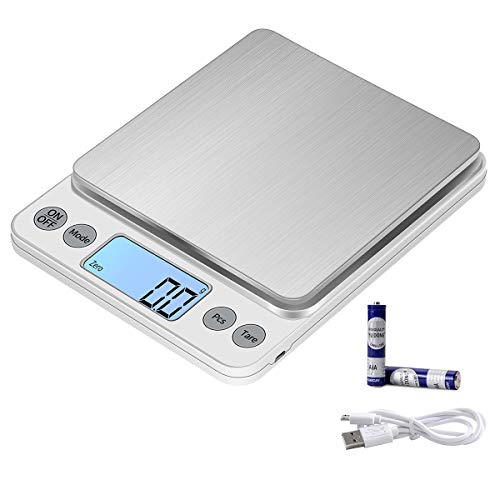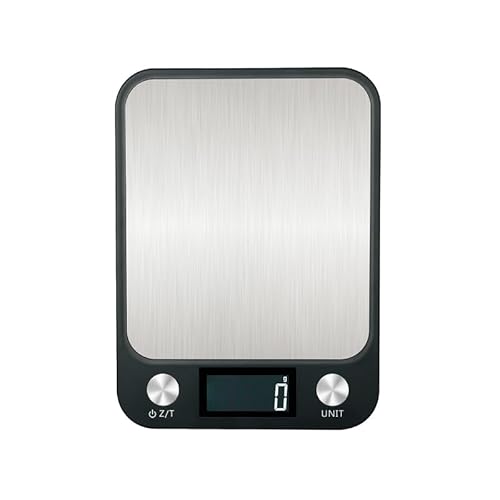nutterly_uts
Active Member
- Joined
- Jan 12, 2017
- Messages
- 37
- Reaction score
- 26
Right now, I only want to play about and have fun, seeing what I can create, what works and what doesn't, how to make swirls, colors, scents etc etc but I want to start to get off into good habits all round, just in case this does become more than a hobby and I start to want to achieve more than one batch the same
What habit/s do you wish someone had made sure you knew to do before you started anything? It can be anything - sourcing ingredients, mixing, recording, batch numbering for your records etc
 I have literally started nothing at the mo so no bad habits to break
I have literally started nothing at the mo so no bad habits to break
What habit/s do you wish someone had made sure you knew to do before you started anything? It can be anything - sourcing ingredients, mixing, recording, batch numbering for your records etc

















































